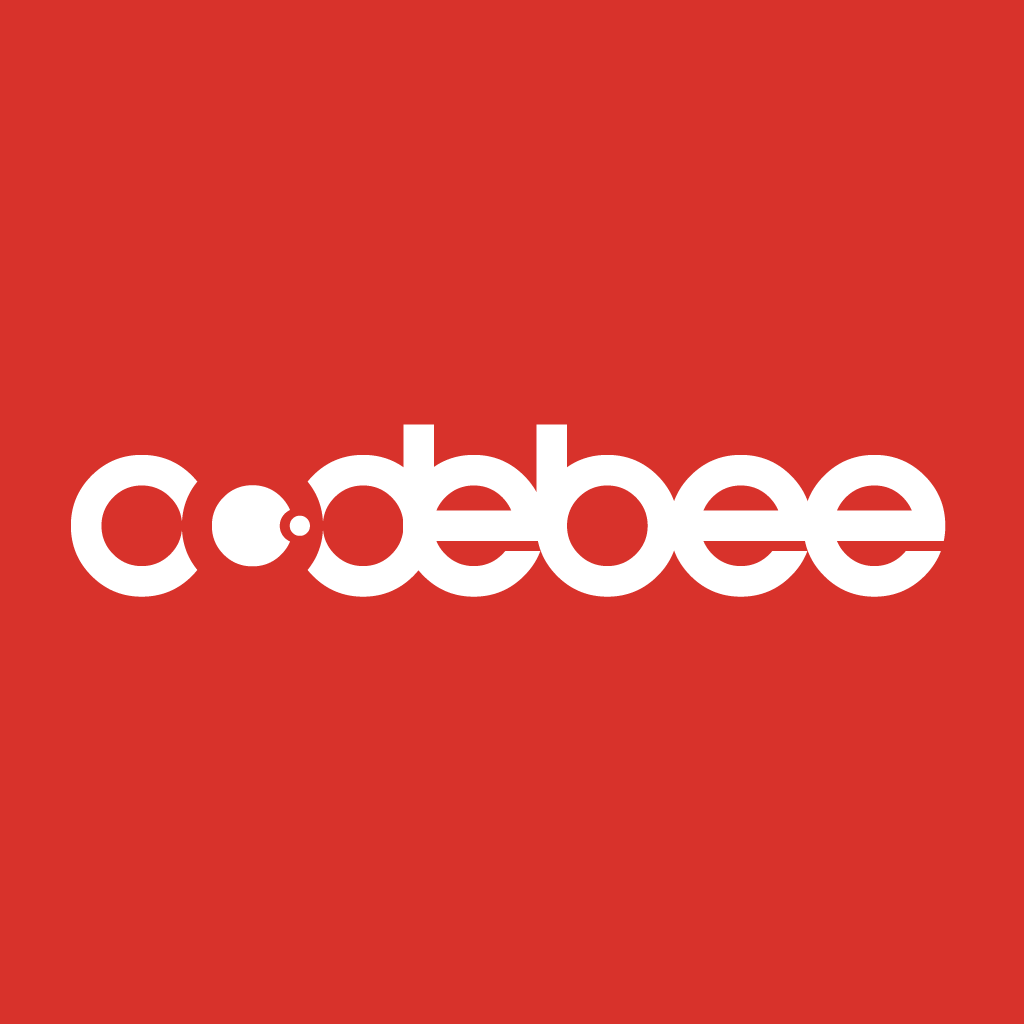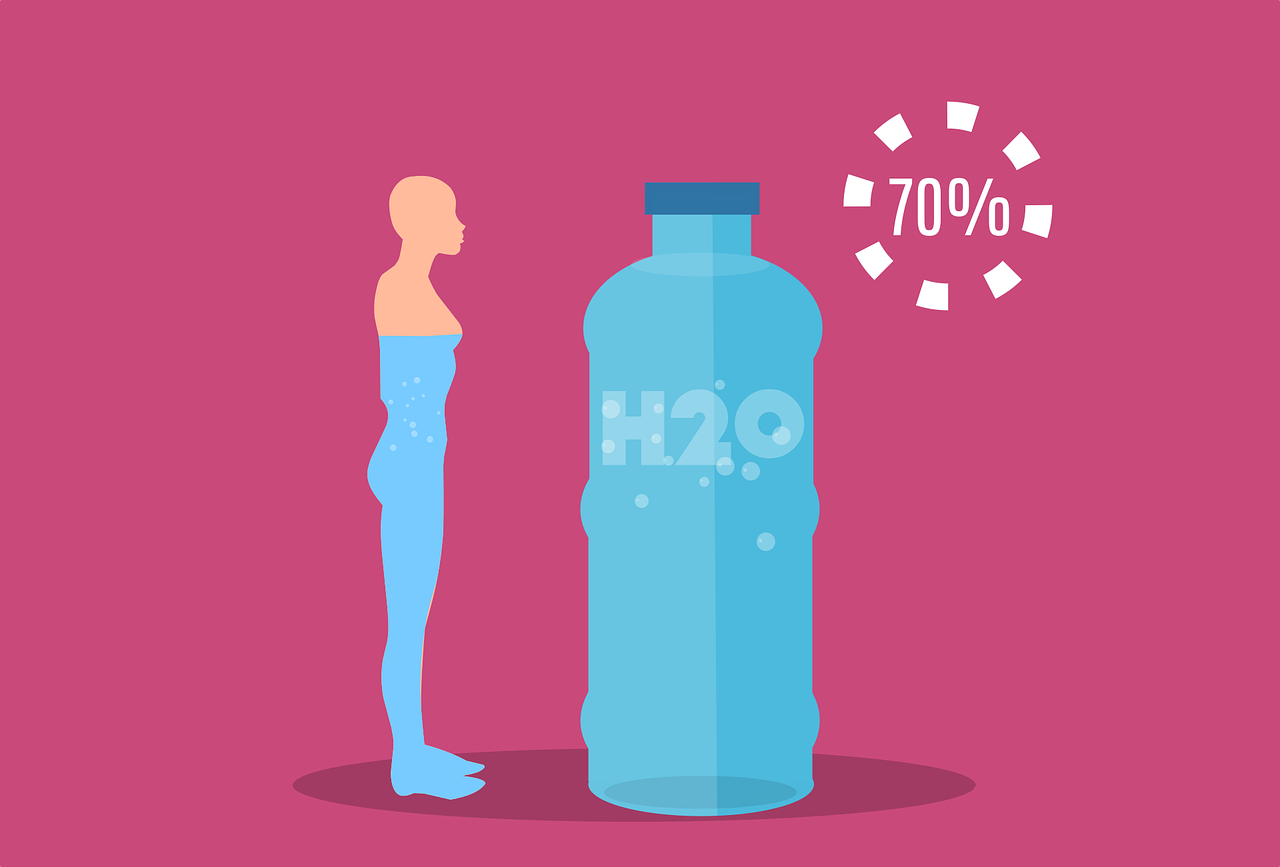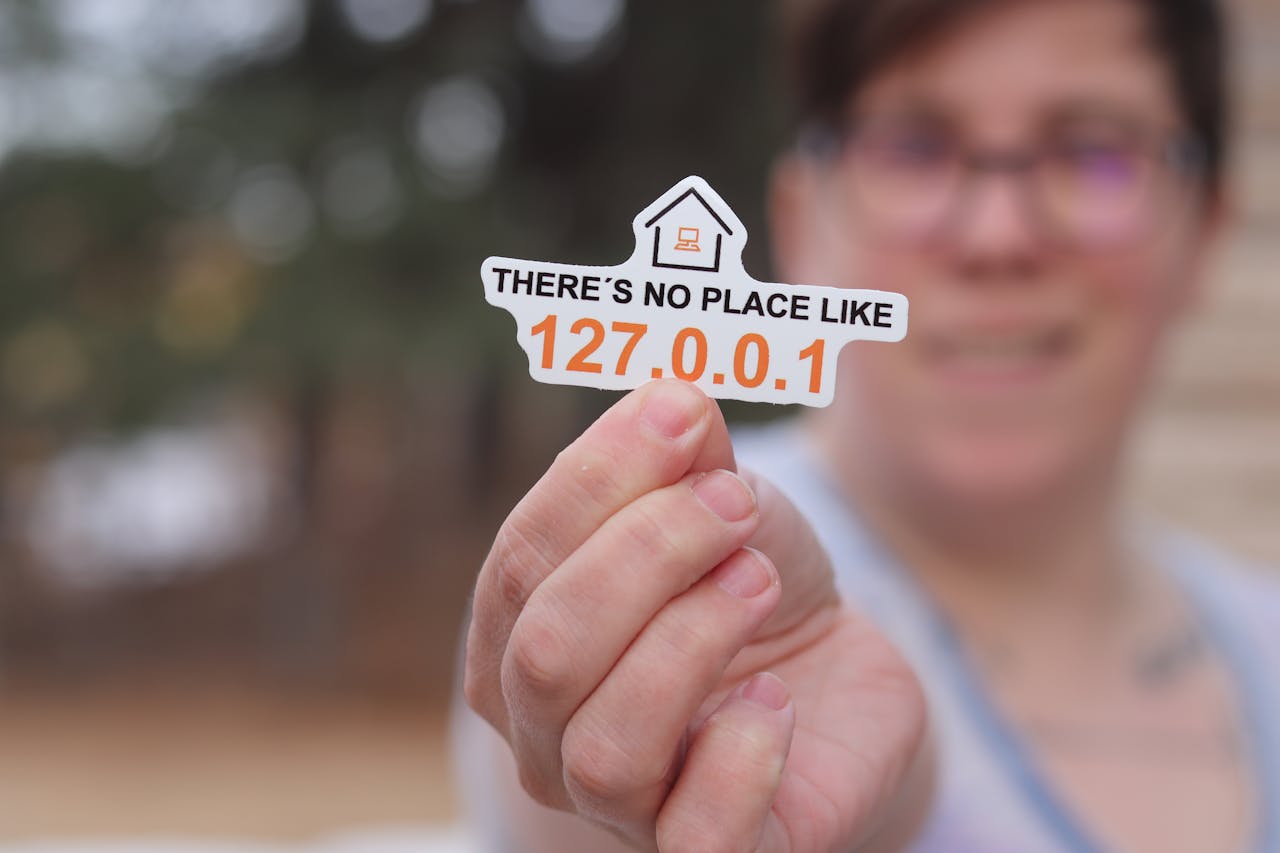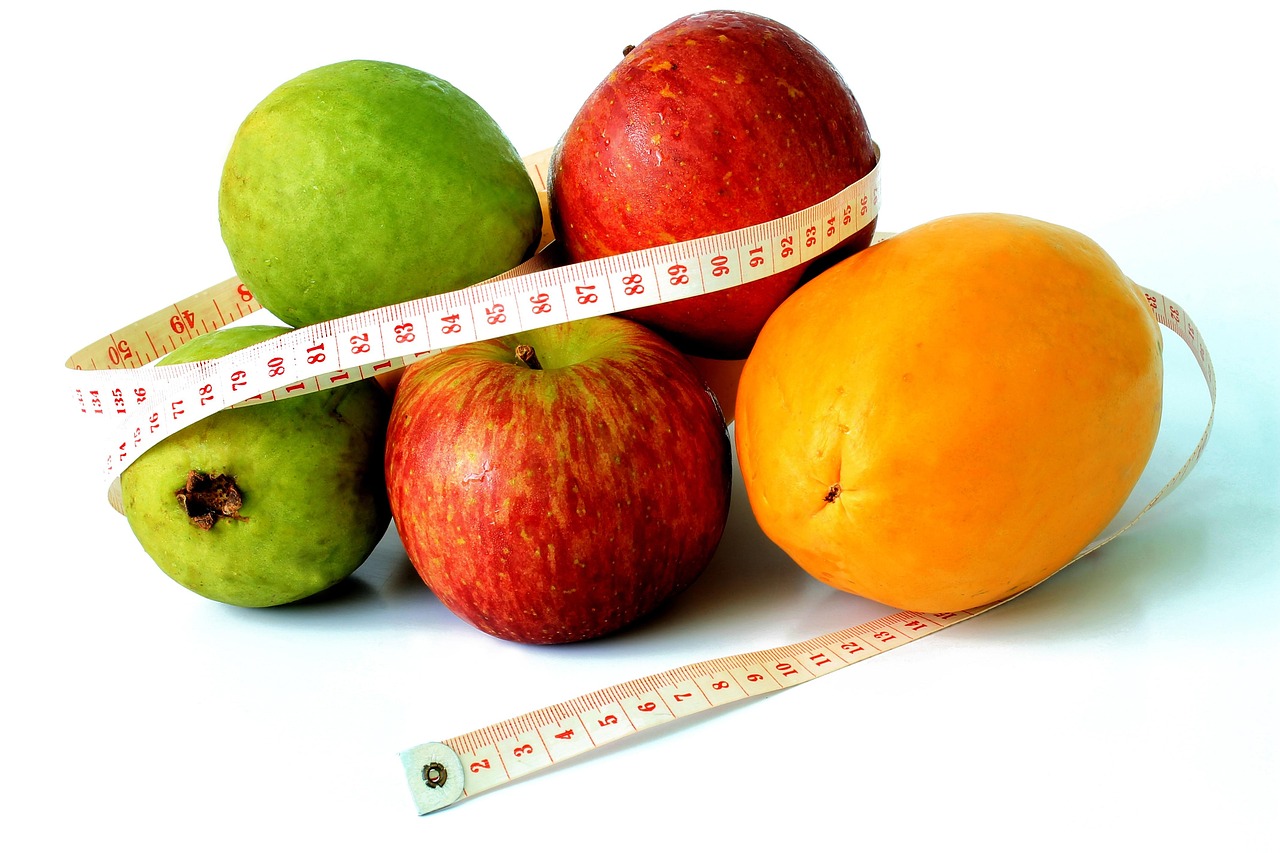JSON to CSV
JSON to CSV refers to a process or tool that converts data from JSON (JavaScript Object Notation) format into CSV (Comma-Separated Values) format. This conversion is useful for transforming structured JSON data into a flat, tabular format that is widely used for data manipulation, storage, and analysis, especially in spreadsheet applications like Microsoft Excel or Google Sheets.
JSON to CSV refers to a process or tool that converts data from JSON (JavaScript Object Notation) format into CSV (Comma-Separated Values) format. This conversion is useful for transforming structured JSON data into a flat, tabular format that is widely used for data manipulation, storage, and analysis, especially in spreadsheet applications like Microsoft Excel or Google Sheets.
What is JSON?
JSON is a lightweight data-interchange format that is easy for both humans to read and machines to parse. It is used for representing structured data in a key-value pair format, and it supports nested structures like arrays and objects. JSON is widely used in web development and APIs to transmit data between servers and clients.
What is CSV?
CSV is a plain text file format where each row represents a data record and each field (or value) within a record is separated by a comma. CSV files are simple and widely used for storing tabular data, making them compatible with a wide range of software tools, databases, and applications.
JSON to CSV Conversion:
When you convert JSON to CSV, you flatten the hierarchical structure of JSON into a tabular, flat format. This process may involve converting arrays or nested objects into simple key-value pairs, and each item in the JSON array becomes a row in the CSV file.
Example:
JSON Format:
CSV Format (after conversion):
In this example, the JSON data representing two people with their respective details (name, age, city) is converted into a CSV format, where each person becomes a row in the CSV, and the keys (name, age, city) become the column headers.
Key Features of a JSON to CSV Converter:
-
Flat Representation:
- JSON data often has nested structures (objects and arrays). A JSON to CSV converter flattens these nested structures into a flat, tabular format suitable for spreadsheet tools or databases.
-
Customizable Output:
- Some converters allow you to select specific fields or keys from the JSON data to include in the CSV file, or to choose how nested structures are flattened (e.g., using dot notation or custom separators).
-
Handling Nested Data:
- Nested arrays or objects in JSON can be tricky to represent in CSV format. Some converters allow you to flatten nested arrays or objects into a single column or generate multiple columns based on the nested fields.
-
Data Cleaning:
- Some JSON to CSV tools can automatically remove unwanted characters, handle missing values, or filter out certain types of data during the conversion.
-
Human-Readable Format:
- The output CSV file is in a simple text format that can be easily read and edited by humans, or processed by software such as Excel, databases, or analytics tools.
Use Cases for JSON to CSV Conversion:
-
Data Analysis:
- CSV is a preferred format for many data analysis tools, such as Excel, Google Sheets, and data science libraries like Pandas. Converting JSON to CSV allows analysts to perform tasks like sorting, filtering, and visualization.
-
Reporting and Sharing:
- JSON data can be converted into CSV for easy sharing with stakeholders who prefer working with tabular data, such as for reports or summaries.
-
Database Import/Export:
- Many databases accept CSV format for data import or export. If you need to move data between a system that uses JSON (e.g., web APIs) and a system that uses CSV (e.g., relational databases), converting between these formats is essential.
-
Interoperability:
- Different applications and systems may require different data formats. Converting JSON to CSV makes it easier to exchange data between systems that work with JSON and those that use CSV.
-
Automating Data Conversion:
- In some workflows, JSON data may need to be converted into CSV for integration into other systems, reporting, or storing in a file format that can be opened by spreadsheet applications.
How a JSON to CSV Converter Works:
-
Input:
- You provide the JSON data, either by pasting it into a form or uploading a JSON file.
-
Process:
- The converter reads the JSON structure, flattens any nested objects or arrays, and maps the key-value pairs to columns and rows.
-
Output:
- The tool generates the CSV file, which you can download or copy for use in other applications.
Why Convert JSON to CSV?
-
Tabular Format:
- CSV is a simpler, tabular format that is easier for people to read, work with, and analyze using tools like spreadsheets, databases, or data analysis libraries.
-
Data Exchange:
- Many applications, tools, and systems accept CSV as an input format. Converting JSON to CSV makes it possible to move data between systems that may not support JSON.
-
Familiarity:
- CSV is one of the most common data formats and is familiar to most users, making it easier to process and understand the data without specialized tools.
-
Large Datasets:
- CSV files can be easily opened and edited in spreadsheet programs, which are well-suited for managing large datasets that might be cumbersome to handle in JSON format.
Conclusion:
A JSON to CSV Converter is a useful tool for transforming structured JSON data into a flat, tabular CSV format that is easy to work with, analyze, and share. This conversion is particularly valuable for data analysis, reporting, database imports, and working with data in spreadsheet applications.
Would you like help converting JSON data to CSV, or need more details on a tool to do so?













